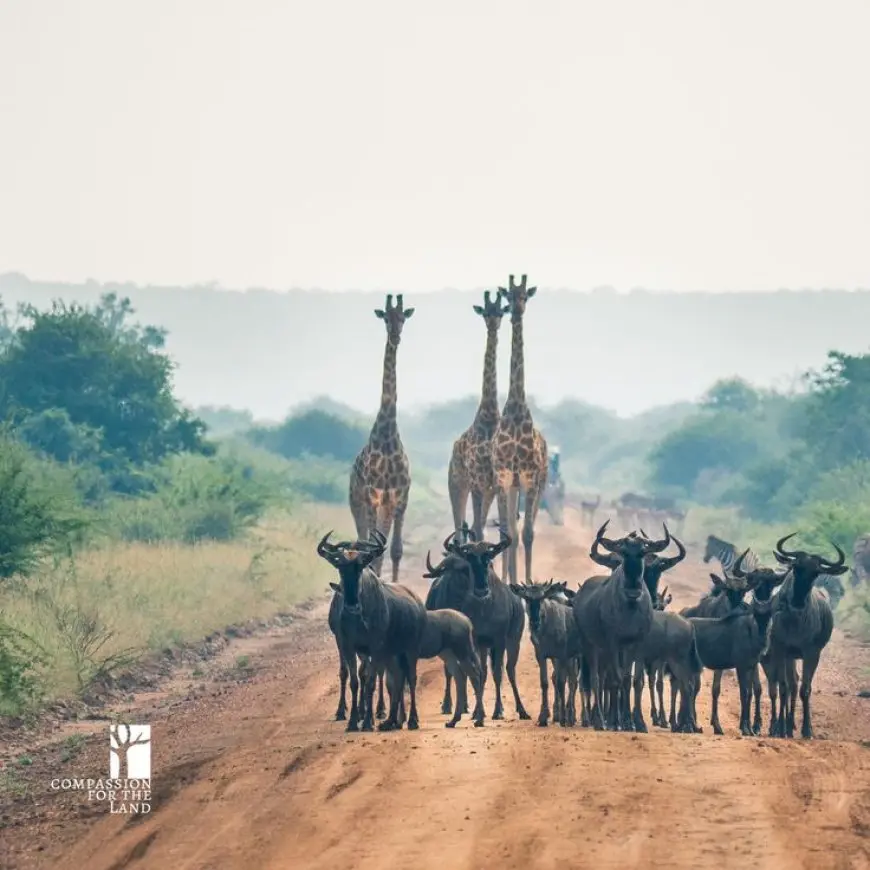Why Conservation Efforts Matter
Why Conservation Efforts Matter

Conservation efforts are essential for protecting the planet's natural resources, wildlife, and ecosystems. As human activities increasingly threaten biodiversity and the environment, the importance of preserving the natural world becomes ever more critical. Conservation not only ensures the survival of countless species but also safeguards the ecosystems that humans depend on for survival, from clean water and air to fertile soil and climate regulation.
Protecting Biodiversity
Biodiversity, the variety of life on Earth, is the cornerstone of healthy ecosystems. Each species plays a role in maintaining the balance of the environment, from pollinators like bees that ensure crops can grow, to predators that control populations of other animals. When species are lost due to habitat destruction, pollution, or climate change, the delicate balance of ecosystems can be disrupted. Conservation efforts work to protect endangered species and preserve biodiversity by restoring habitats, preventing deforestation, and combating illegal wildlife trade.
Supporting Ecosystem Services
Ecosystem services are the benefits that humans derive from nature. Forests provide oxygen and absorb carbon dioxide, oceans regulate climate and support marine life, and wetlands filter water and reduce the impact of floods. Without conservation, these critical services would be at risk, endangering human health and livelihoods. Protecting natural areas ensures that these systems can continue to function and provide essential benefits to both humans and wildlife.
Combating Climate Change
Conservation efforts play a key role in mitigating the impacts of climate change. Forests, oceans, and grasslands act as carbon sinks, absorbing carbon dioxide from the atmosphere and helping to regulate global temperatures. Preserving these environments is one of the most effective ways to reduce greenhouse gas emissions and combat climate change. Additionally, conservation projects often focus on restoring damaged ecosystems, which can further enhance their ability to absorb carbon and protect against extreme weather events.
Preserving Cultural and Economic Value
Natural areas and wildlife hold immense cultural and economic value. Many communities around the world have deep spiritual or cultural ties to the land and its biodiversity. Protecting these areas ensures that future generations can continue to experience and benefit from their heritage. Furthermore, conservation supports industries such as tourism, agriculture, and fishing, which rely on healthy ecosystems to thrive. Ecotourism, for example, provides sustainable income for local communities while promoting environmental stewardship.
Ensuring Future Generations Can Thrive
The planet's natural resources are finite, and overexploitation threatens their availability for future generations. Conservation efforts aim to manage these resources sustainably, ensuring that they can continue to support life on Earth. By protecting forests, oceans, and wildlife, conservation ensures that future generations will inherit a planet capable of sustaining them.
The Role of Individuals and Communities
Conservation is not just the responsibility of governments and organizations; individuals and communities play a vital role. Simple actions, such as reducing waste, supporting sustainable products, and participating in local conservation projects, can collectively make a significant impact. Raising awareness about the importance of conservation and advocating for policies that protect the environment are also crucial steps.
Conservation efforts are vital for the health of the planet and the well-being of all living creatures. By protecting biodiversity, supporting ecosystem services, combating climate change, and preserving cultural and economic resources, conservation ensures a sustainable future. Every effort, no matter how small, contributes to the greater goal of preserving the natural world for generations to come.







